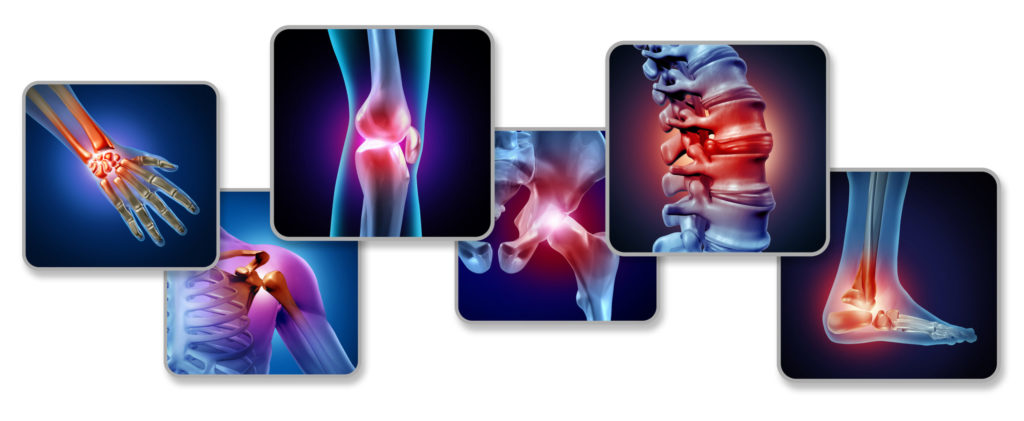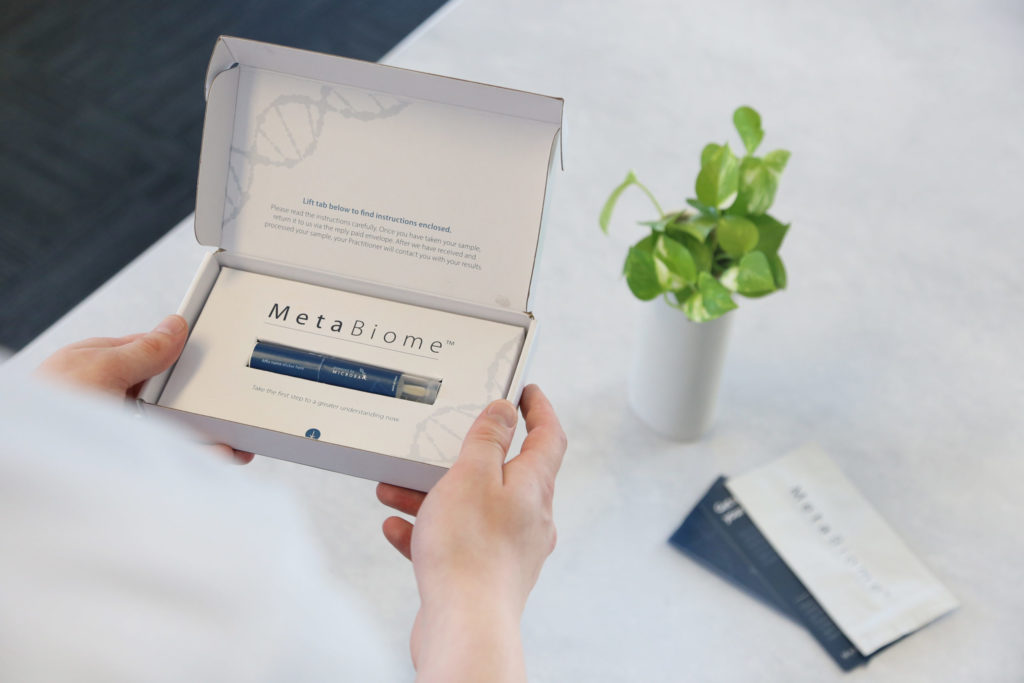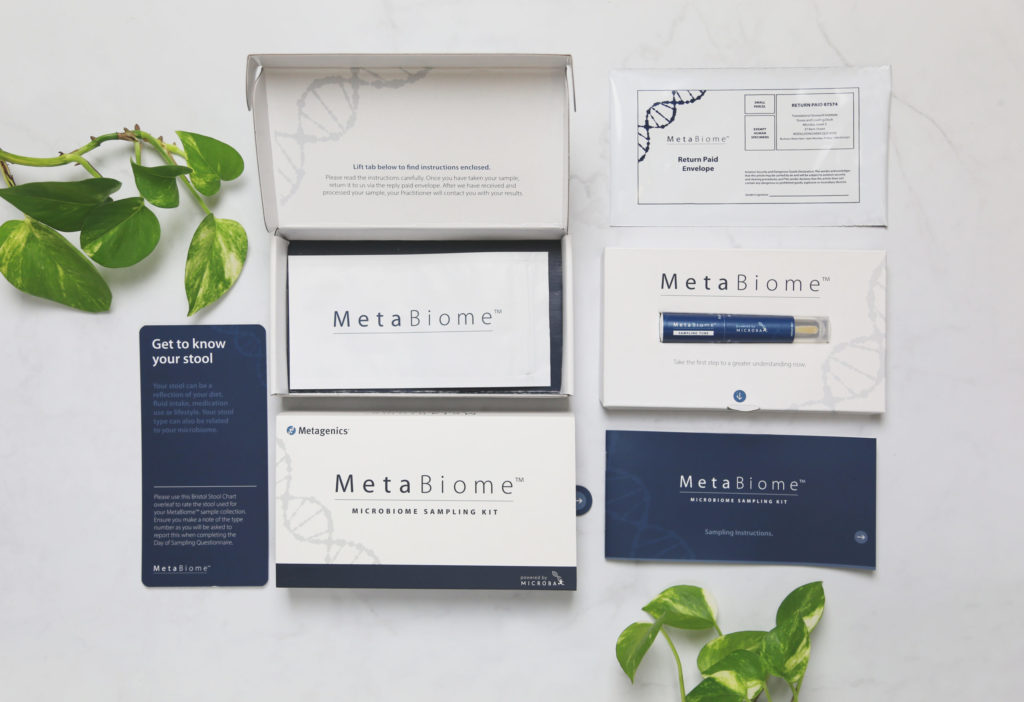As the effects of COVID-19 (coronavirus) continue to impact the lives of us all, we want to update you on what we are doing to support you, your health and safety during this difficult time.
Our clinic is following Australian Health Department Guidelines and continues to run as close to normal as possible.
We are classified as Medical and Allied health Services and under the new stage 4 restrictions permitted to continue to provide the health services we offer..
Phone or Zoom/Skype Consultations
We offer as usual a full in house clinic service at 1 Ward street Ashburton, however if you prefer we also offer Phone and Skype/Zoom consultations.
So, yes we are open to take care of your health needs with normal clinic hours, not only with existing health concerns, but with advice on how best support your immune system during this Pandemic.
Evidence of Appointment
If you plan an in clinic appointment, please bring the text message reminder with you. This will provide the evidence of your appointment if questioned.
Waiting Room
We have always done our best to limit your time in the waiting room. We may ask you to wait in your car if anyone else is waiting. Please come into the clinic by yourself, unless you are under the age of 18 or have a disability and need assistance.
Products
We also offer postal delivery services of products via Australia Express Post. You are also welcome to pick up health products from the clinic.. please ring the order through beforehand and we can have the order waiting for pick up. We are well prepared and well stocked.
Self Care
This is a stressful time for everyone. Many stress releasing activities such as social gatherings, hobbies, gyms, concerts are temporarily closed. Do what you can to connect with friends and relatives via phone and social media.
Make time for walking in the fresh air, meditation, catching up on reading or other projects that have been put on hold.
I also feel strongly that nutrition plays a big role in not only immune health but in health generally. Maintaining good routines with exercise, sleep, fresh clean meals and appropriate targeted nutrients will go a long way in ensuring we all meet this challenge as best we can. Nutrients like Vit C, D and Zinc along with immune boosting herbs have a big role to play here.
Thank you for your support as we work to protect the health and safety of our patients, staff and visitors.
Kind regards
Luke Clarke: – ND, ANTA, Wellbeing Institute of Australia










